The fertility industry in general is moving away from anonymous sperm donation, and finding sperm and egg donors may become a huge challenge in the future. In the United Kingdom, the government fertility regulator HFEA is trying to avoid that by encouraging people to donate their eggs and sperm for altruistic reasons. Giving away your reproductive materials, the Human Fertilisation and Embryology Authority says, should be thought of as just the same thing as a living person donating a kidney to someone in need.
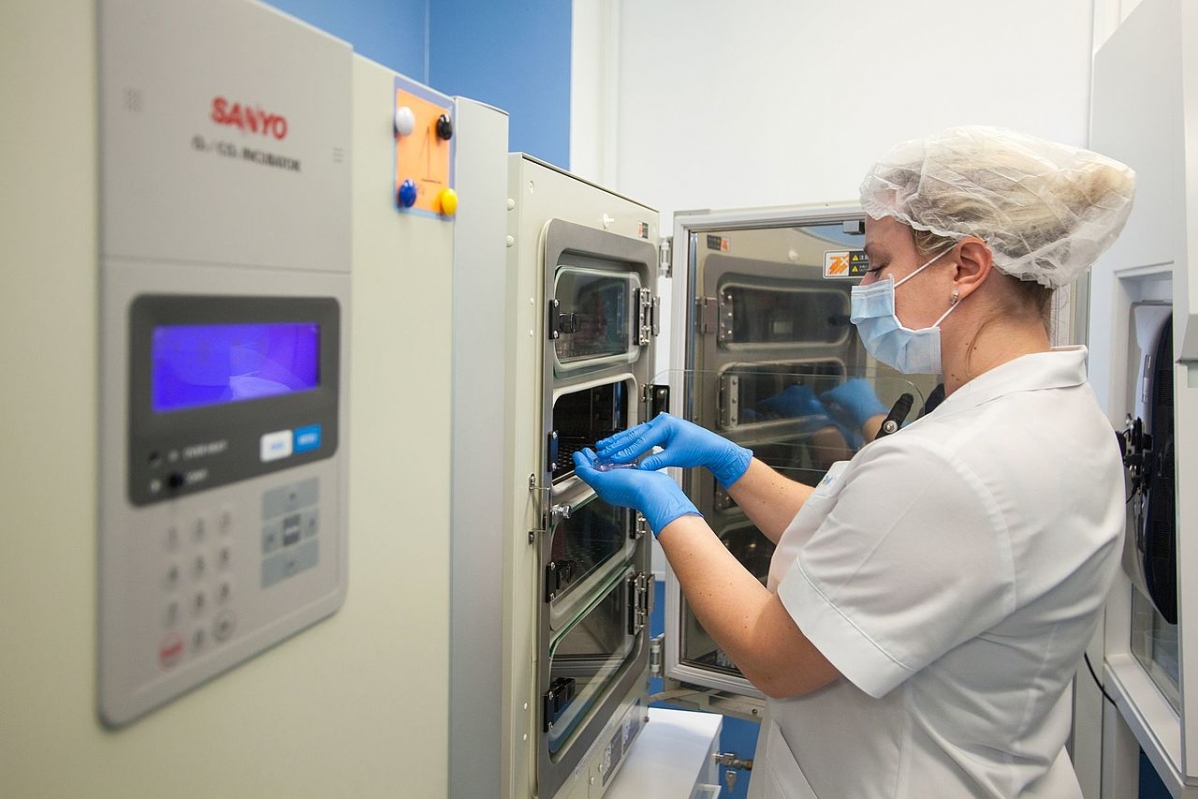
This is not the first time the HFEA is attempting to bridge the shortage of egg and sperm donors in the UK. Last year, it worked to allow gamete donors to receive higher compensation. Lisa Jardine, the chairwoman of the Human Fertilisation and Embryology Authority, went as far as to say: "Donating eggs to another woman is the most extraordinary gift."
Others within the UK's fertility regulating agency have voiced concerns that wannabe sperm donors are not treated with due respect. Fertility clinics often fail to return their phone calls, thereby taking the chance to have a child away from some infertile couple who would otherwise have had access to donor sperm.
But, this new campaign to increase numbers of both egg donors and sperm donors has its critics, too. Some have pointed out that donating eggs can indeed be compared to donating a kidney, in terms of the risks and medical hassle donors are exposed to. Being an egg donor isn't like donating sperm invasive procedures and fertility drugs are needed to retrieve the egg cells.
I'd have to agree with those critics, but I've also noticed that one thing has been totally left out of the story. There has been quite a debate about identity release sperm donors and children's right to be aware of their biological heritage. More egg and sperm on the "market" would certainly benefit couples who need these cells, but perhaps the HFEA should take another brave step and commence a debate about the ethical questions surrounding gamete donation. They can start by interviewing donor-conceived adults to find out how they really feel about their origins.
- www.nhs.uk/Livewell/Fertility/Pages/Using-sperm-donor-what-you-need-to-know.aspx
- www.nhs.uk/conditions/infertility/treatment/
- Photo courtesy of Merlilindberg by Wikimedia Commons: commons.wikimedia.org/wiki/File:Viljakuskliinik_Fertility_Clinic_Nordic.jpg


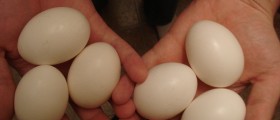
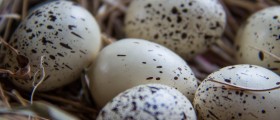

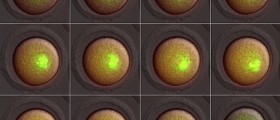
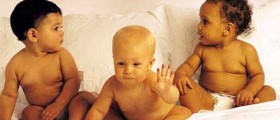

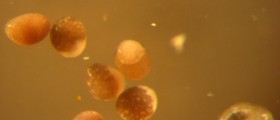

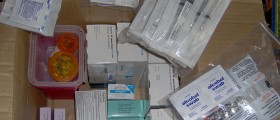



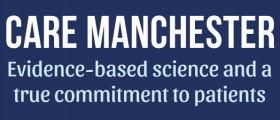
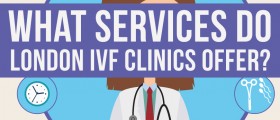

Your thoughts on this
Loading...